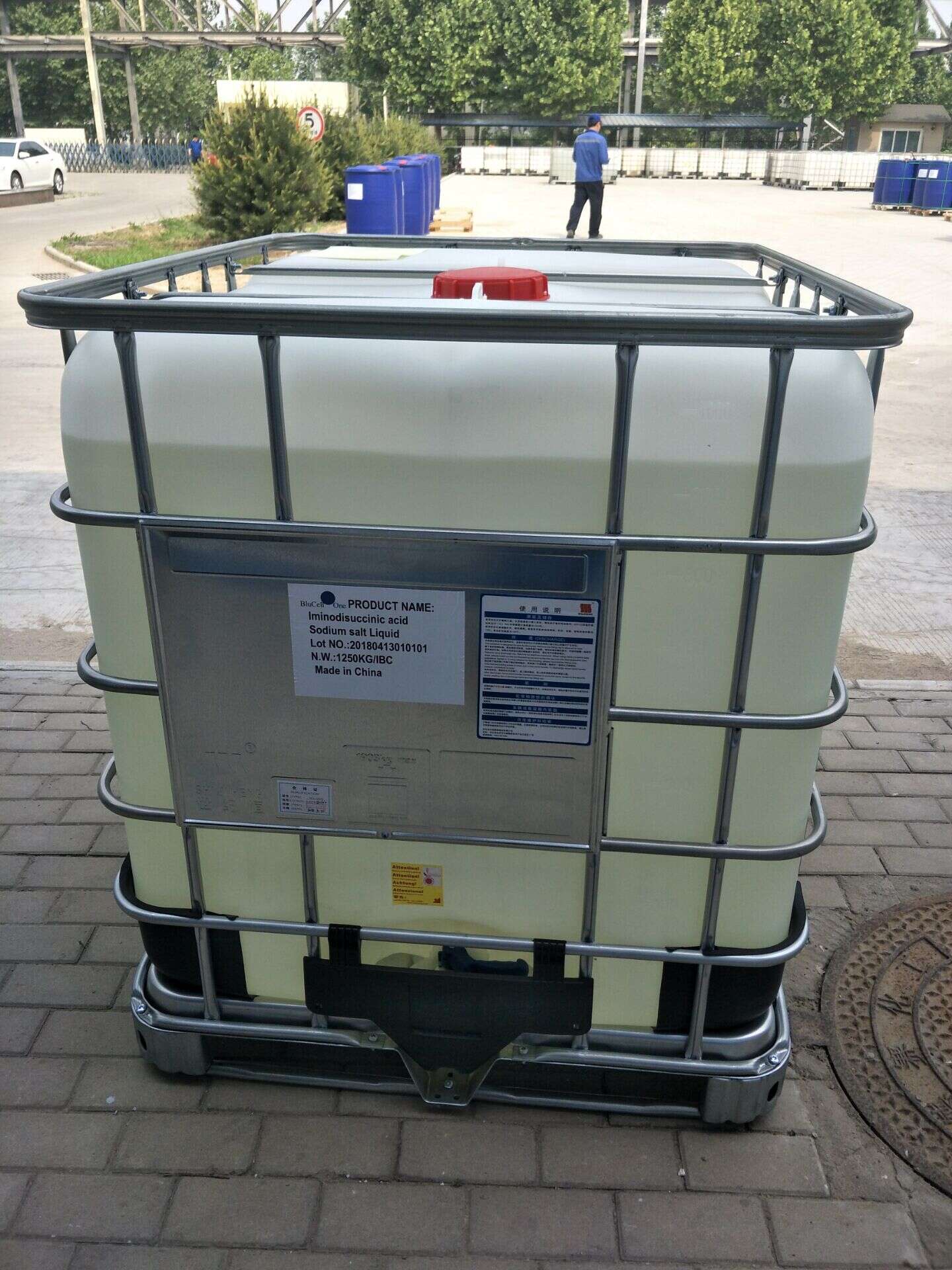-
Categories
-
Pharmaceutical Intermediates
-
Active Pharmaceutical Ingredients
-
Food Additives
- Industrial Coatings
- Agrochemicals
- Dyes and Pigments
- Surfactant
- Flavors and Fragrances
- Chemical Reagents
- Catalyst and Auxiliary
- Natural Products
- Inorganic Chemistry
-
Organic Chemistry
-
Biochemical Engineering
- Analytical Chemistry
-
Cosmetic Ingredient
- Water Treatment Chemical
-
Pharmaceutical Intermediates
Promotion
ECHEMI Mall
Wholesale
Weekly Price
Exhibition
News
-
Trade Service
Statistics from SolarPower Europe, a European solar agency, show that in 2017, the continent's new solar photovoltaic installed capacity was 8.
61 GW, an increase of 28%
over the previous year.
Among them, Turkey is the European country with the largest new photovoltaic capacity, reaching 1.
79 GW
.
For the 28 EU member states excluding Turkey, an additional 6.
03 GW was added, up 6%
year-on-year.
James Watson, CEO of SolarPower Europe, said the steady growth in solar PV installed capacity was an encouraging sign
for Europe.
The figures also prompted SolarPower Europe to urge the EU to do more to support the sector's expansion
.
Watson said: "If the trade measures for imported solar panels are removed, we could see solar consumption in the EU increase by about 20-30%.
Similarly, if the EU adopted a 35% renewable energy target instead of today's 27%, no fewer than 300,000 new solar jobs
could be created.
”
Turkey leads the way
In 2017, Turkey's new solar PV installed capacity was 1.
79 GW, and the market grew by 213%
in the space of one year.
SolarPower Europe commented today: "Solar systems in Turkey are under construction or installed but are not yet fully operational in 2017 and 800 MW of solar systems are expected to be operational
in the coming months.
”
Germany was the EU's most dynamic solar market in 2017, adding 1.
75 GW of solar power, representing a 23% growth rate, while the UK ranked third with 912 MW, down 54% from 2016, as the solar subsidy program was further scaled back
.
France and the Netherlands both performed strongly, adding 887 MW and 853 MW, respectively
.
These two countries are expected to see further growth
in 2018 with the rollout of renewable energy support mechanisms.
Spain may have installed only 135 MW of new PV capacity in 2017, but this performance is still optimistic, as Spain only installed 55 MW of capacity in 2016, which represents an increase of 145%.
Michael Schmela, Executive Advisor and Head of Market Intelligence at SolarPower Europe, said: "We expect strong growth
in the coming years as several EU member states choose solar to meet their nationally binding 2020 renewable energy targets.
Coupled with its low cost, versatility and reliability, solar energy is the most popular energy
source among EU citizens.
”
Statistics from SolarPower Europe, a European solar agency, show that in 2017, the continent's new solar photovoltaic installed capacity was 8.
61 GW, an increase of 28%
over the previous year.
Among them, Turkey is the European country with the largest new photovoltaic capacity, reaching 1.
79 GW
.
For the 28 EU member states excluding Turkey, an additional 6.
03 GW was added, up 6%
year-on-year.
James Watson, CEO of SolarPower Europe, said the steady growth in solar PV installed capacity was an encouraging sign
for Europe.
The figures also prompted SolarPower Europe to urge the EU to do more to support the sector's expansion
.
Watson said: "If the trade measures for imported solar panels are removed, we could see solar consumption in the EU increase by about 20-30%.
Similarly, if the EU adopted a 35% renewable energy target instead of today's 27%, no fewer than 300,000 new solar jobs
could be created.
”
Turkey leads the way
Turkey leads the wayIn 2017, Turkey's new solar PV installed capacity was 1.
79 GW, and the market grew by 213%
in the space of one year.
SolarPower Europe commented today: "Solar systems in Turkey are under construction or installed but are not yet fully operational in 2017 and 800 MW of solar systems are expected to be operational
in the coming months.
”
Germany was the EU's most dynamic solar market in 2017, adding 1.
75 GW of solar power, representing a 23% growth rate, while the UK ranked third with 912 MW, down 54% from 2016, as the solar subsidy program was further scaled back
.
France and the Netherlands both performed strongly, adding 887 MW and 853 MW, respectively
.
These two countries are expected to see further growth
in 2018 with the rollout of renewable energy support mechanisms.
Spain may have installed only 135 MW of new PV capacity in 2017, but this performance is still optimistic, as Spain only installed 55 MW of capacity in 2016, which represents an increase of 145%.
Michael Schmela, Executive Advisor and Head of Market Intelligence at SolarPower Europe, said: "We expect strong growth
in the coming years as several EU member states choose solar to meet their nationally binding 2020 renewable energy targets.
Coupled with its low cost, versatility and reliability, solar energy is the most popular energy
source among EU citizens.
”






